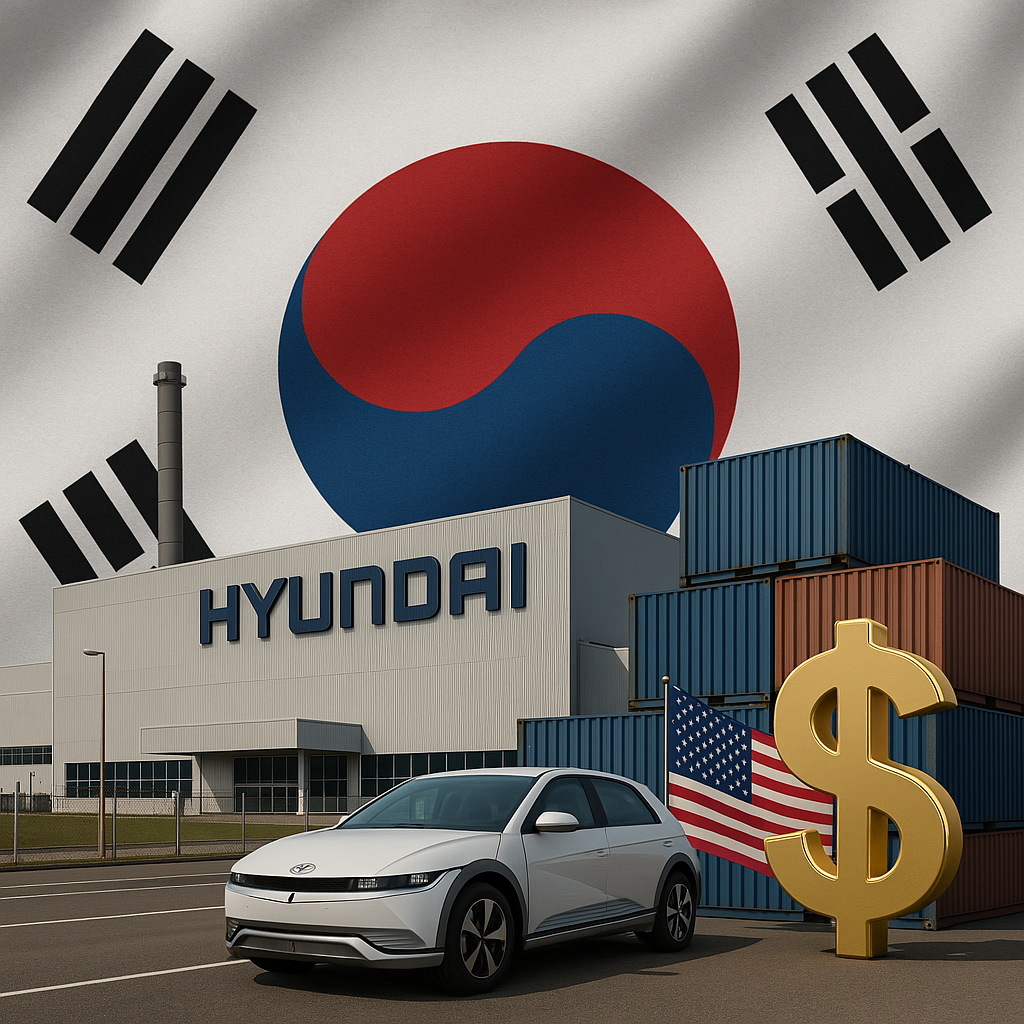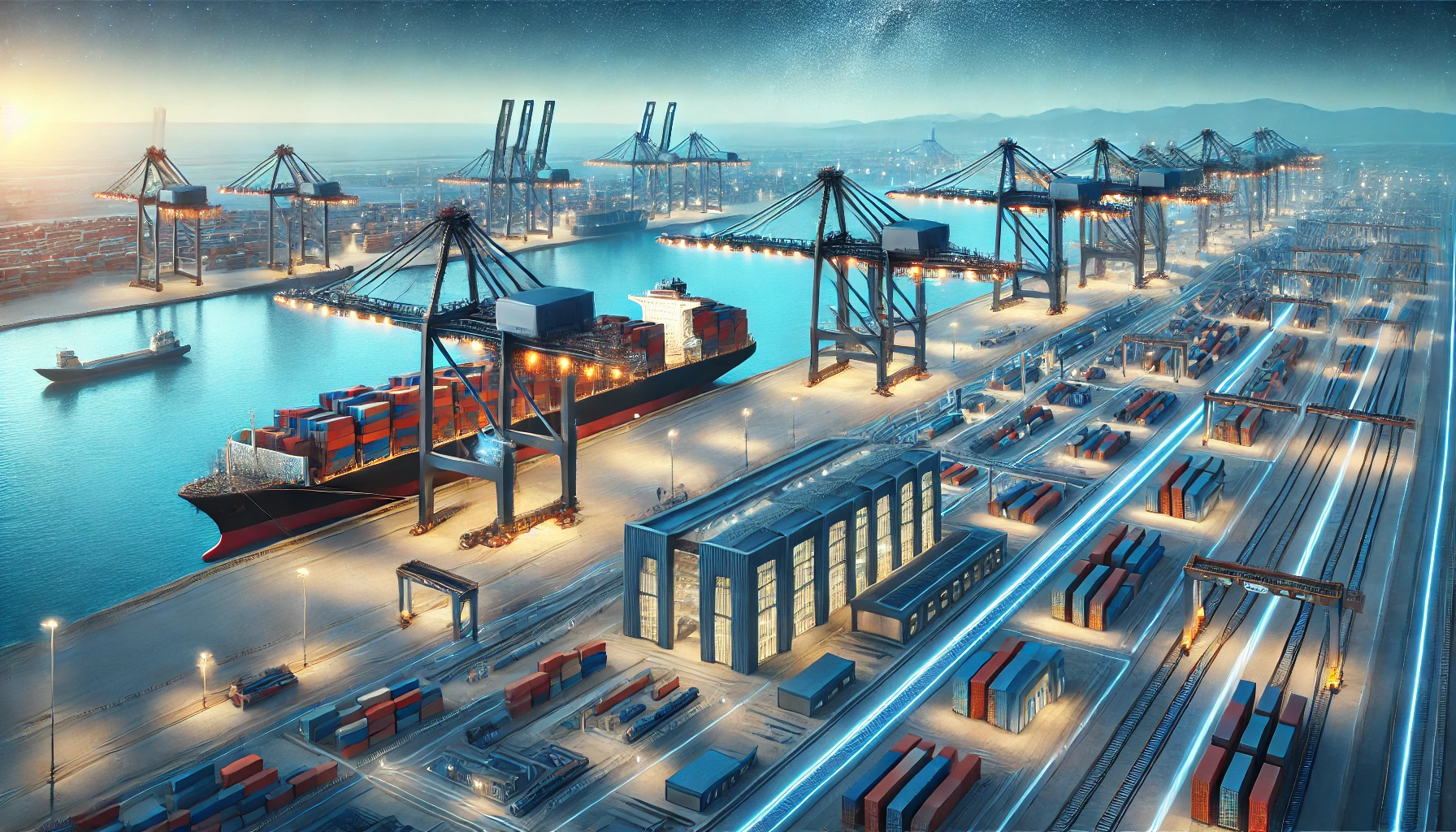
South Korea has introduced emergency measures to support the auto industry after the US imposed harsh tariffs on electric vehicles, while simultaneously starting negotiations and investing in factories in America.
South Korea defends itself with tariffs
The South Korean government has announced emergency measures to support the auto industry after the United States imposed higher tariffs on certain types of vehicles. The new tariffs have hit particularly hard Korean automakers that supply the United States with electric and hybrid vehicles made outside the United States.
South Korea's Ministry of Trade, Industry and Energy said it would soon set up a special fund to support automakers, especially small and medium-sized businesses involved in the supply chain. It would also subsidize costs of retooling production facilities, diversifying sales markets and reducing dependence on the U.S. market.
The South Korean government has opened talks with the U.S. administration seeking tariff waivers or revisions, citing the two countries' strategic partnership and South Korean companies' involvement in U.S. investments, including the construction of Hyundai and Kia plants.
Additionally, South Korea is considering expanding EV production in the U.S. to meet the Inflation Reduction Act, which provides tax credits for EVs made in the U.S. Hyundai is already building a new plant in Georgia, scheduled to begin operations in 2025.
Amid the crisis, the South Korean government has also stepped up support for domestic EV consumption through subsidies, investments in charging infrastructure, and measures to encourage exports to alternative regions such as Europe and Southeast Asia.







